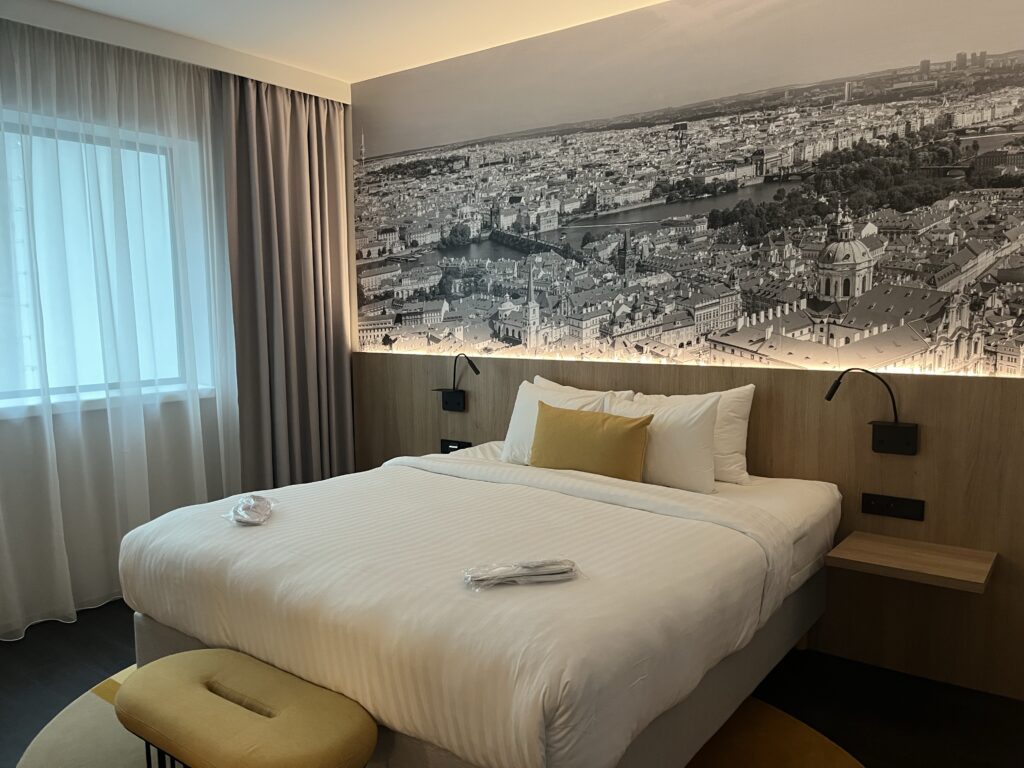It feels like a lot of people are finally catching up to what a shit show institutional distrust has wrought on American society. Nobody trusts anyone and everyone is going tribal. The level of panic is feeling palpable across media narratives and we are being offered a choice to either get worked up or get on with our lives.
I will admit I feel a little bit smug on this point as I’ve been prattling on about doomer shit forever. But I also got off my ass and moved to Montana and starting picking up some skills so I could continue to feel like my life had some measure of resilience to it. I ain’t getting all worked up about the end of the world because I can’t live in perpetual anxiety.
Maybe it’s because my parents are hippies that it’s not a big stretch for me to imagine what happens when cultural conventions break down. The post war generation had a whole other set of traumas around social change. And a lot of splinter subcultures emerged from how they were specifically betrayed by all major institutions as well.
So I am reluctant to say this is new. Decline is a long slow managed process and new revolutions turn up all the time to solve our problems. I believe in human ingenuity.
But I do think we’ve sped up the pace of culture as we ramped up new technology as each new instance of connectivity has somehow also wrought alienation and anxiety. It’s hardly surprising that half of the internet is in a complete panic over what rules of the game changed.
What can I say except that it’s so satisfying to lie to yourself about how you benefit each time a cheat code is revealed. Perhaps just enjoy the power and get on with it. I don’t know what to tell you to do but find a way to make peace with it. Because otherwise you will be preyed upon. There are thousands of kinds of power and I suggest you find yours.
But I am genuinely concerned that we are headed to a further and faster and new types crisis of meaning as new rules get introduced, and every actor that desires to hold power will be running to capture it.
And I do mean everyone. It’s not that your tribe is good and the other tribe is bad, rather it’s hard for humans to trust each other with too much power. Independence is a very heavy burden and it’s insulting when you won’t carry your share. We’ve been negotiating the boundaries of it since Socrates got poisoned for corrupting the youth of Athens. And we still don’t have a good answer to what constitutes human excellence.

